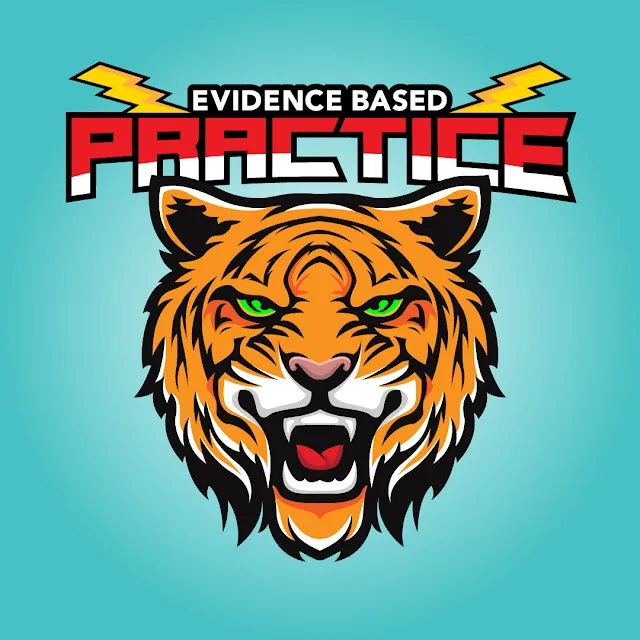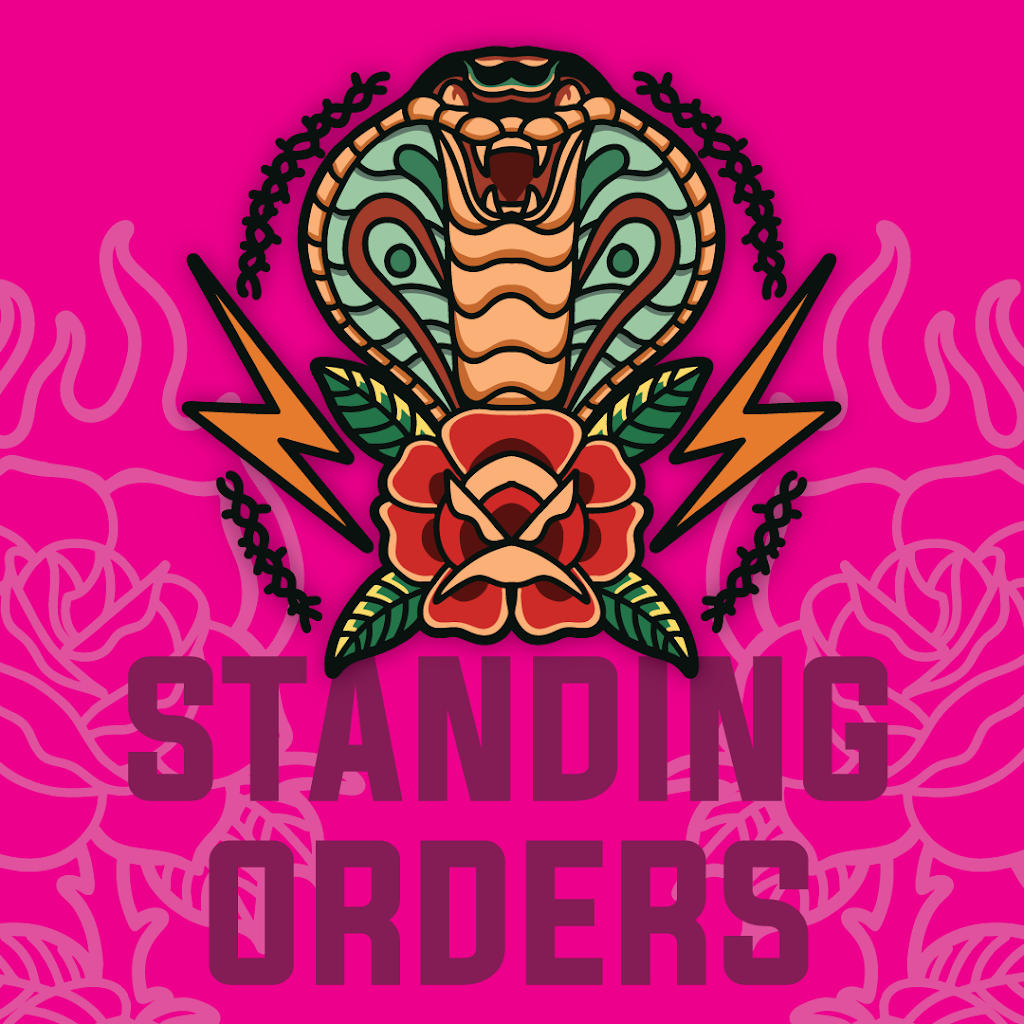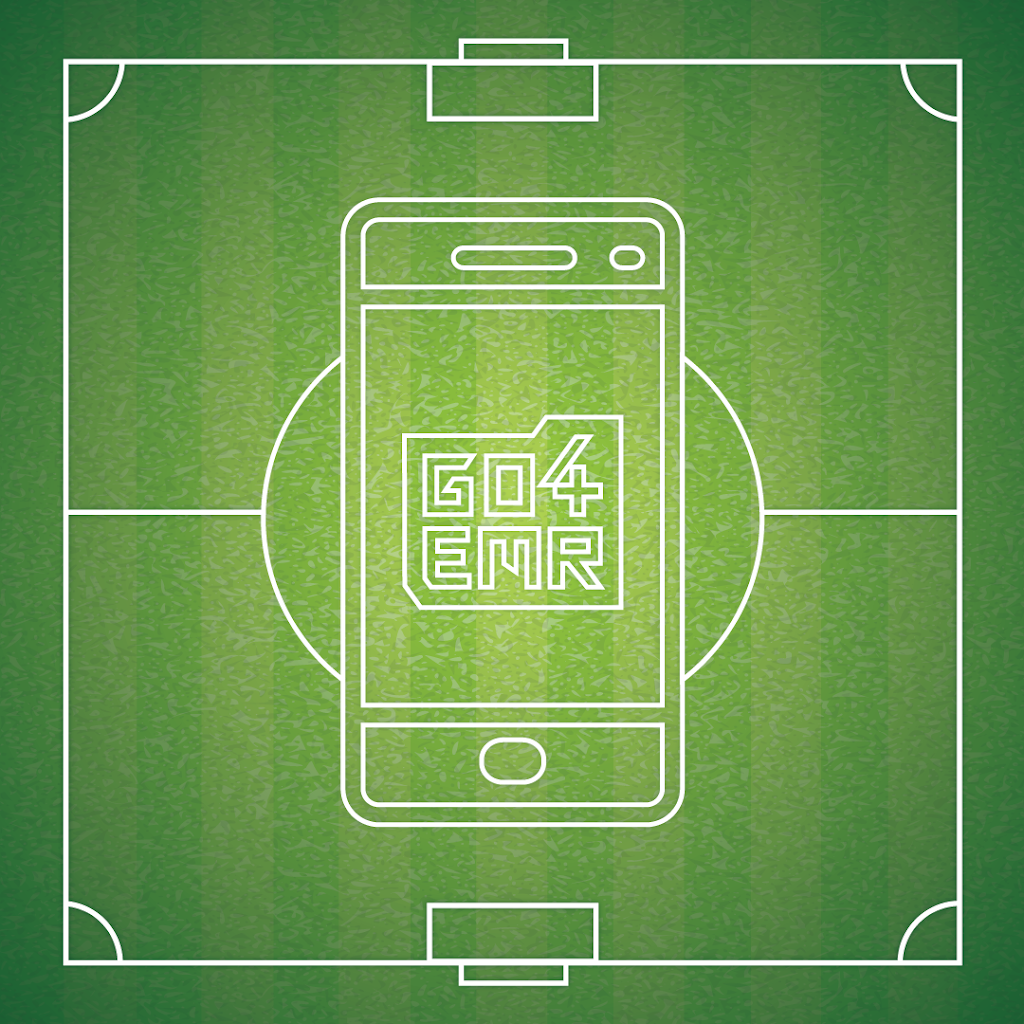EVIDENCE-BASED PRACTICE!!!

Evidence-Based Practice…EBP…
Did you feel that? The chill that ran down your spine? The sweaty palms? I know this can be a daunting topic to tackle. As our profession continues to grow and evolve, it is essential that we are utilizing evaluation and treatment techniques that have been identified as best practice within the literature. I think we can all agree on that. However, it seems to me that a sound understanding of what EBP is and how to apply it is lacking for many (myself included). The one thing I can say with 100% certainty about research is that it’s hard! It’s hard to stay current. It’s hard to change part of the way you practice. It’s hard to dedicate the time. Believe me, I understand that completely. I also understand the opportunity we have as a profession to continue to secure our rightful place at the table as widely recognized health care professionals.
I feel that we often forget that EBP is so much more than reading articles.
There are three components to evidence-based practice, of which the argument can be made that the available evidence is not always the most important!
Best Available Evidence – For a number of reasons, this seems to be the most difficult to implement for many clinicians. As I mentioned before, it’s hard! Also, all research is not created equal. Just because it’s published doesn’t mean it’s good. Not only that, but situations where we can look at the existing body of evidence and have a sound recommendation (for or against) are few and far between. Furthermore, new evidence comes out every day which can make best practice seem like a moving target! It’s easy to see why this can be a barrier for many clinicians both young and…less young.
Clinical Experience – This is going to vary from clinician to clinician as everyone has a distinct career path that helped shape their clinical expertise. This experience is instrumental in allowing us to integrate new evidence into our practice. Where does this fit? What problem does this solve? Is this clinically applicable?
What happens if you lack the clinical experience? THAT’S OK! Borrow expertise from others. Be inquisitive. Strive to be the smartest person in the room, but never believe that you are. Remember though, clinical experiences are unique, so what has worked for others and their patients, may not always work for you and your patients.
Patient Values – To me, this needs to be at the forefront of every clinical decision making algorithm. Every patient that you encounter is going to have their own expectations and concerns that stem from prior experiences, social interactions, upbringing, culture, religion and socioeconomic status. Each unique perspective needs to be considered to deliver patient centered, evidence-based care.
I know. There’s a lot to consider. How do we know we’re doing the right thing for our patients? It’s not as difficult as we make it. Put the patient at the center. LISTEN. Do the absolute best you know how based on the components above. Strive to be better. There’s a reason medicine is a “practice.”
Need an athletic trainer? Go4Ellis is a nationwide app/platform that connects teams and organizations with per diem athletic trainers for games, practices, camps, clinics and tournaments.
Are you an Athletic Trainer?
Join us!
From per diem shifts to full-time opportunities, AT resources, PLI, a free EMR and more, Go4 is the essential AT app. Sign up now!
"*" indicates required fields
Other articles you might like

What’s the deal with Standing Orders?
How do I get standing orders as an athletic trainer? Q: What are standing orders? A: Standing orders, aka medical protocols, establish the scope of practice for an athletic trainer. Under the direction of a physician, they are an overview of the specific skills that the AT is legally able…

AT Spotlight: Thomas Obergefell, Athletic Training from the Dugout
Name: Thomas Obergefell, MS, ATC, LAT Nickname: T.J. Alma…

Middle School / High School / College / Any School EMR – The Importance of Documentation
Go4’s in-app Electronic Medical Record We all know the reasons why it’s important to thoroughly document, but incase you forgot, here they are:…
